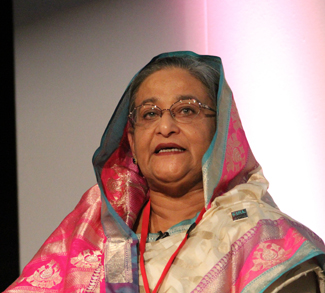Last week’s slaughter on the streets of Paris is a geopolitical gamechanger because it shuffled the threat matrix in the Middle East. Whereas Islamic State was once a distant, abstract threat which was primarily the concern of regional actors, now it is a motivated and capable menace that can strike the ‘distant enemy’ much like Al-Qaeda once could. Western populations from the United States to France will adjust their expectations accordingly: ISIS cannot be allowed space to organize and operate, matters of justice and human rights be damned.
The big winner in all this or course is the government of Bashar al-Assad in Syria.
Western policy in Syria until now sought to achieve a list of secondary goals: remove a political ally of Iran to the benefit of Gulf allies; install a government that’s potentially friendly towards the West; remove the logistical link between Iran and Lebanon; and for the more quixotic among us – remove a tyrant and human rights abuser from power in President Assad. The fact that they’re secondary is obvious: none are what you could call core security interests for Western governments, and this detachment is evident in the fact that Syria’s slow descent into bloody anarchy – proof that the policy underpinning these goals is flawed – has not brought about a rethink in the Western approach.
Now all this is changing because the anarchy in Syria has started to reverberate closer to home. Refugees are flooding into Europe on a scale not seen since World War II, stretching government resources and straining domestic politics. And last week brought gut-wrenching scenes of brutality on the streets of Paris, perpetrated by a terrorist group that has been nurtured by the chaos of the Syrian battlefield.




